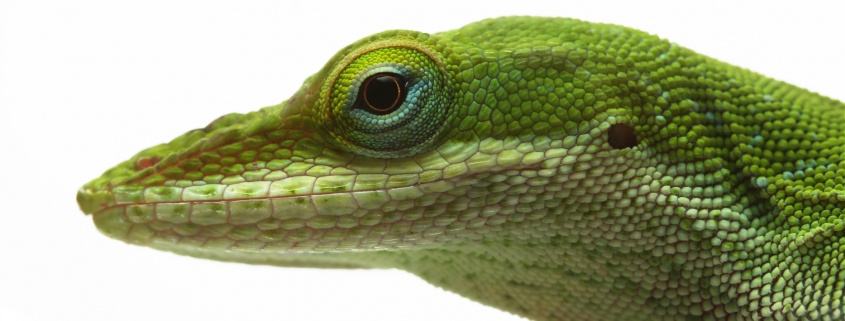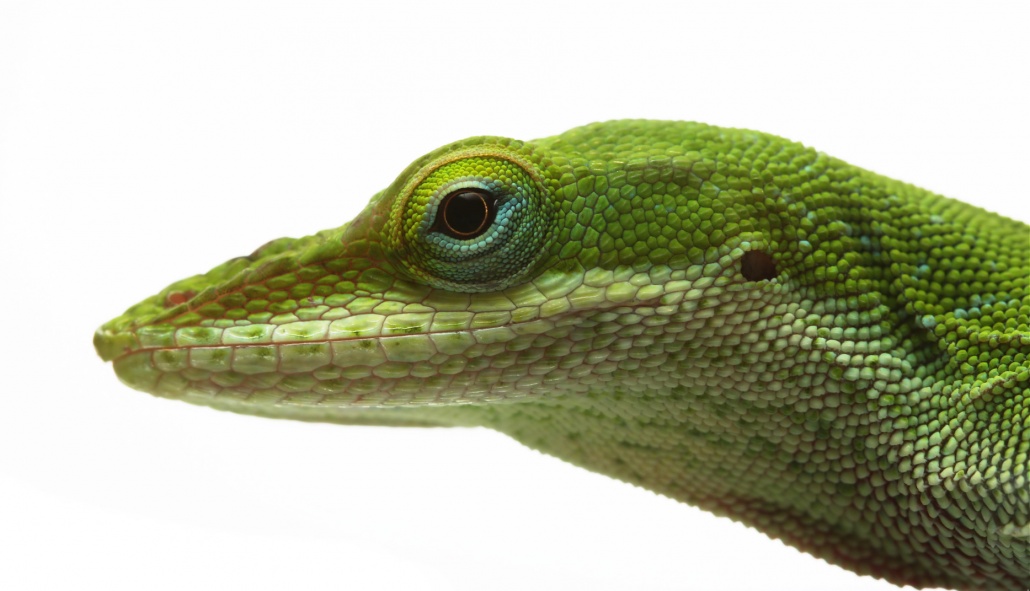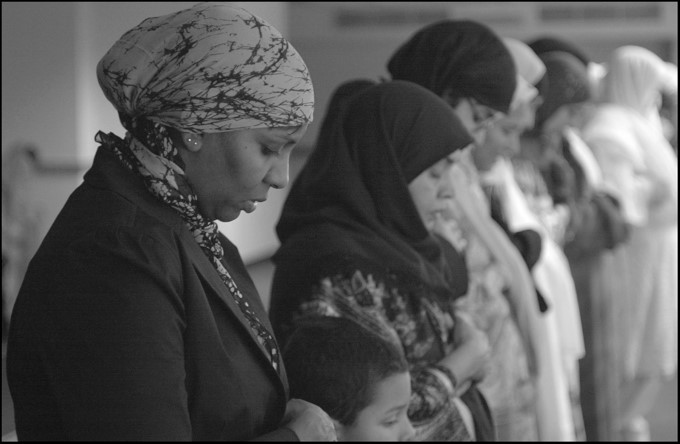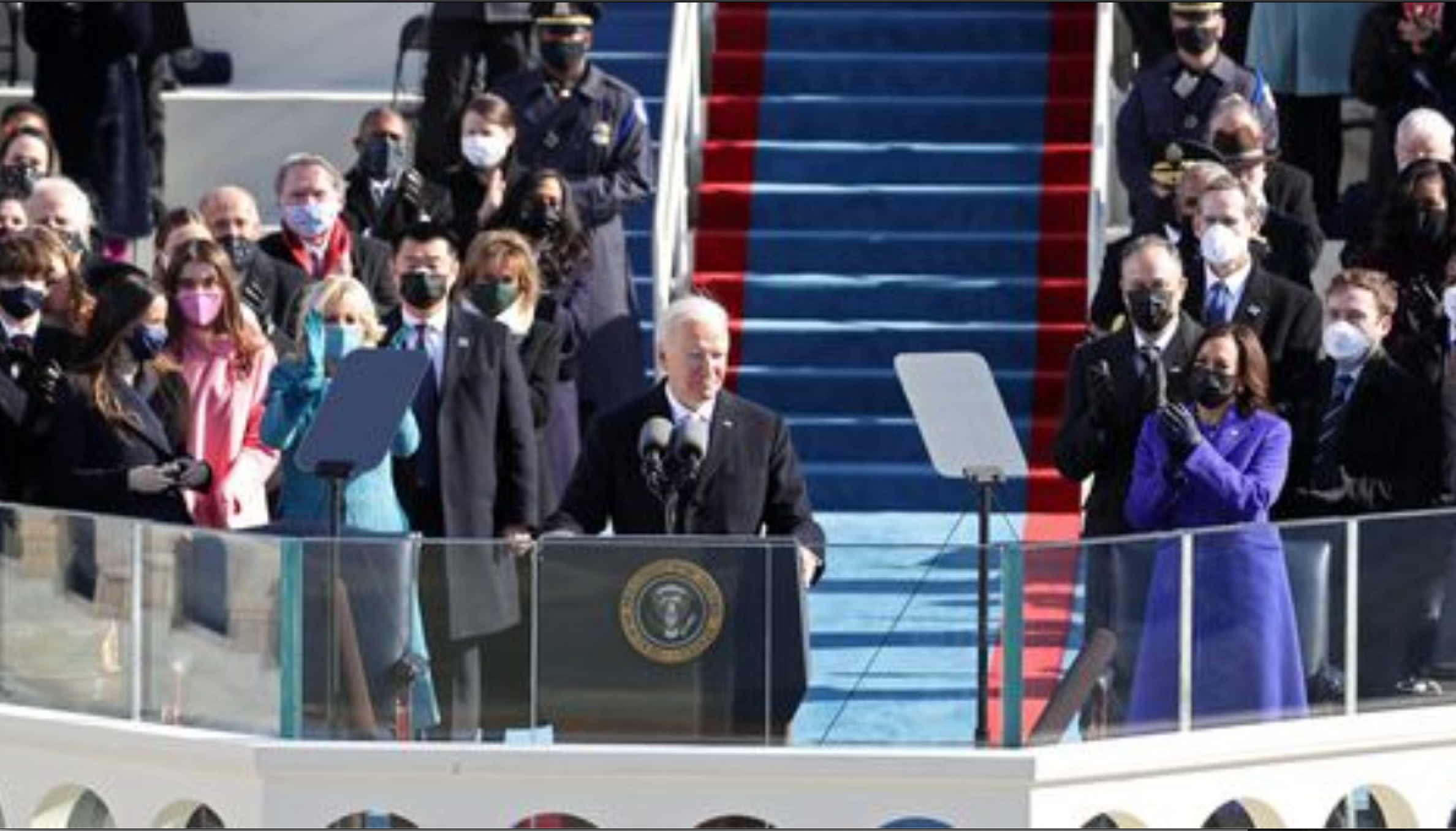The power of fear
By Jennifer Zobair
We’ve just returned from an unexpected trip to Florida, where we encountered anoles on a daily basis. These small, quick lizards dart onto sidewalks from under the cover of grass and shrubs and appear suddenly on the sides of buildings from behind shutters and gutters. Their presence unsettled me, not just because I have a moderate phobia of anything that creeps or crawls, but also because I happen to have a history with lizards. And every time I saw one on this trip, I was destined to think about that history, and Donald Trump, and fear, and what we model for our kids in trying times.
When I say I have a history with lizards, I mean we used to have them as pets. When my youngest son was four years old, he had to have a procedure he was terrified of and I was ready to promise him the world. I asked what he wanted when it was over. He said he wanted lizards. I asked what else he wanted. He said he didn’t want anything else. He had the procedure and we got the lizards—two small anoles and a leopard gecko.
Shortly afterwards, while my husband was traveling for work, I spent a long, sleepless night caring for my daughter who was battling a severe stomach virus. By morning, I was essentially ghost-walking. When my youngest son tugged on my shirt and said he couldn’t find one of the anoles in the tank, I barely listened. I was trying to get my daughter on the couch before anything violent and projectile happened. The second time he told me that he couldn’t find the anole, I tried not to snap. I suggested he look harder. By the third time, I figured he was not going to let it go until I located the anole in the tank. With impatience I am not terribly proud of, I left my daughter and went to look.
I couldn’t find the anole either.
I tried not to panic. I considered the rather limited options: The anole had either squeezed his way out of the tank’s screened lid, in which case we would clearly need to go to a hotel, or the slightly larger gecko had eaten him. Both seemed highly improbable: The lid was pretty heavy and the gecko wasn’t that big. But it had to be one of the two.
Very calmly, I said to my son, “I hope the gecko ate him.”
So much for the nice mom who gave her son lizards.
And so much for my deeply held (I thought) pro-animal rights beliefs. I became a vegetarian years ago, the summer before law school, when I read an essay by Alice Walker about a horse who mourned the loss of another horse. At the end of the essay, Walker describes putting down her steak, saying she was eating “misery.” I never ate meat again. And though the rationale behind my current diet has a lot to do with health considerations, I am still very much in touch with that initial impulse. I don’t want an animal to suffer or die so that I can eat. Apparently, though, at least in that moment with my son, I didn’t care if one died so that I didn’t have to be scared, no matter how irrational that fear was. Given the choice between the anole’s escape or death that morning, I was rooting for death.
What does that say about my convictions? What does it say about how fear can change everything?
As we head into this new year with Donald Trump still leading in the GOP polls and anti-Muslim sentiment taking root even among people we might otherwise see as good and kind, I’m trying to remind myself of the power of fear—of how I have succumbed to it myself—and how often hate finds its genesis there. That while politicians often traffic in hatred to gin up votes, their followers might actually be responding out of genuine fear. I’m also thinking that this may be a way to contextualize political pundits’ comments for our children who overhear them and have a harder time making sense of speech that feels like nothing more than bigotry.
In other words, I think it can be good to model compassion for our children, to remind them there are times we all feel afraid, and that very few of us bring our best selves to difficult situations when we are scared. That we can try to empathize with those who are fearful while still fighting for our rights and our dignity. That we understand it’s harder to hate someone you know and sometimes the burden is on us to be known. We can let our children see us continue to reach out to our neighbors and fellow citizens, with open hearts, through conversation and art and activism.
But most of all, we can teach our children that love is stronger than fear, that we believe it wins out in the end. And we can start by modeling that principle ourselves. Even, the author of this column reminds herself, when an anole is missing.
Editor’s Note: Jennifer Zobair is a biological and adoptive mother, an attorney, and a writer. She is the author of the debut novel, Painted Hands (St.Martin’s Press, 2013) and the co-editor of Faithfully Feminist: Jewish, Christian, and Muslim Feminists on Why We Stay (forthcoming from I Speak For Myself/White Cloud Press, 2015). She lives with her husband and three children in the DC area. Connect with Jennifer on twitter @jazobair or through her website at www.jenniferzobair.com. The views expressed here are her own.
18-1




















2016
941 views
views
0
comments